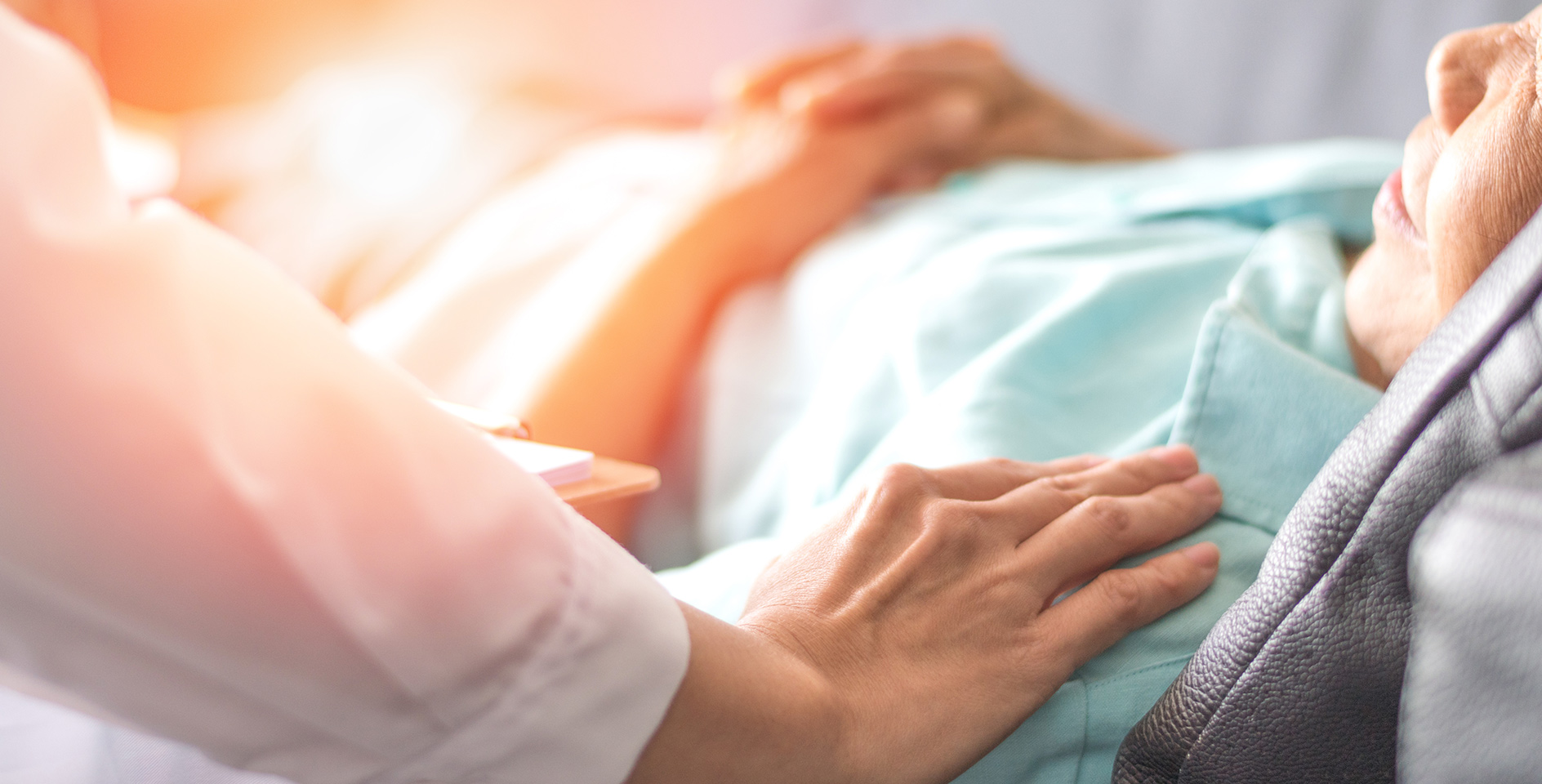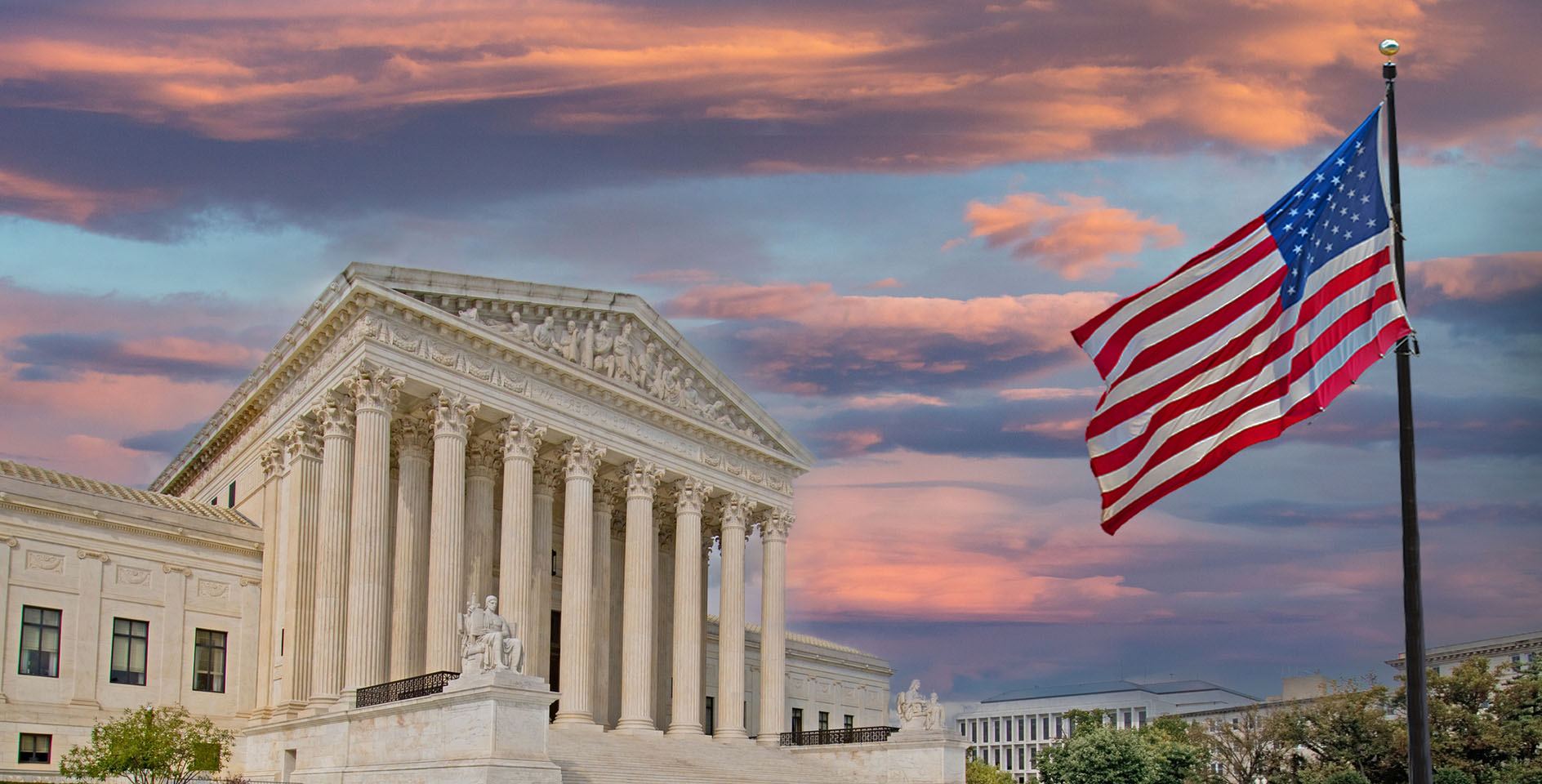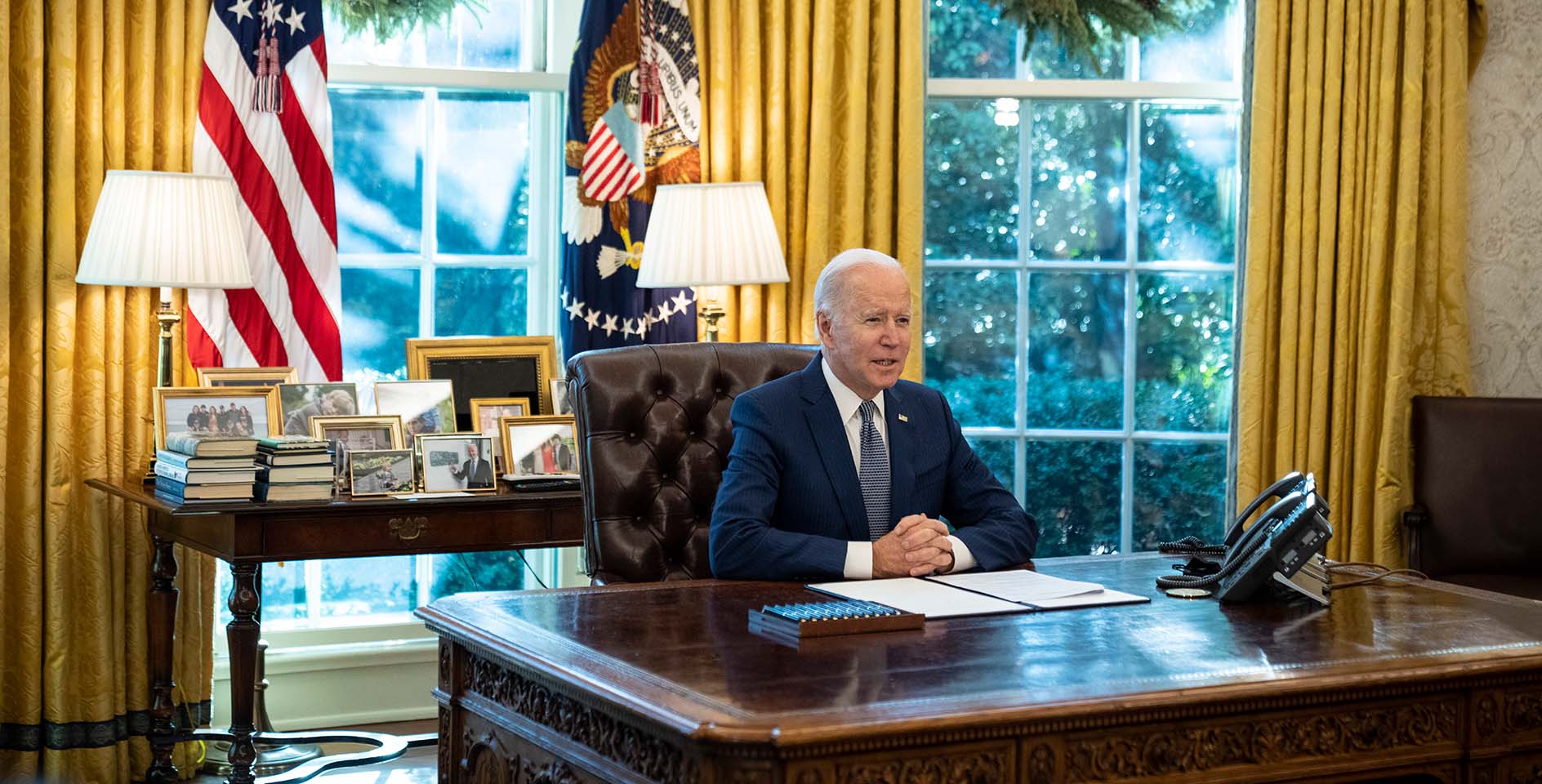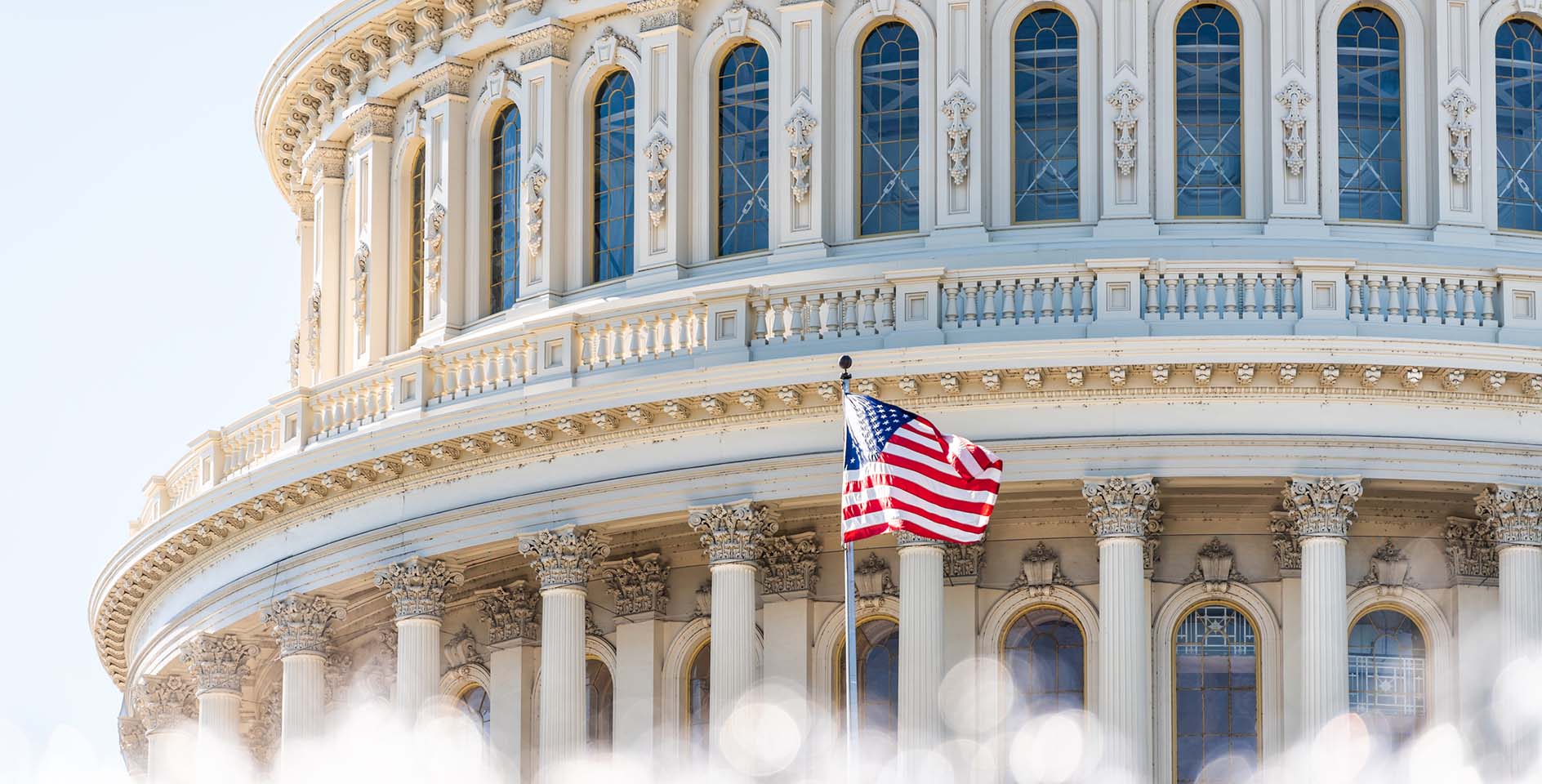The COVID-19 pandemic has forced many hospitals and medical facilities to change visitation policies in order to ensure the health and safety of staff and patients. But in so doing, the needs of one group of people have sometimes been overlooked—adults with disabilities who rely on a care partner or family member to assist them in communicating their needs.
A complaint filed last month with the United States Office of Civil Rights (OCR) in the Department of Health and Human Services (HHS) alleges that is exactly what happened in Connecticut when the state issued guidance on a “no visitor” policy for hospitals.
Several families came forward for the report to explain how the “no visitor” policy affected their loved ones. One mother of a son with cerebral palsy relayed that she was only allowed to speak to a doctor via an iPad while her son was wheeled away screaming before emergency surgery. When he awoke, confused and afraid, with no one to explain to him what was going on, the hospital physically and pharmaceutically restrained him for days. His mother said he had never needed such drastic interventions in previous surgeries when she had been there to explain what was happening to him.
The complaint also alleged that a private hospital in Connecticut “unlawfully failed to provide a reasonable modification to the hospital’s no-visitor policy” for a 73-year-old patient with short-term memory loss who is mostly nonverbal. The patient’s family has developed a sophisticated system to communicate with her but was not allowed to be with her when she needed them most. The woman was ultimately tied down and sedated because she became agitated when the hospital staff could not communicate with her.
The complaint with OCR was filed by several disability rights organizations alleging that an executive order by the governor and a private hospital violated the Americans with Disabilities Act, Section 504 of the Rehabilitation Act, and Section 1557 of the Affordable Care Act. The complaint explained “that without support persons, specific patients with disabilities in Connecticut facilities were being denied equal access to medical treatment, effective communication, the ability to make informed decisions and provide consent, and that they were being unnecessarily subjected to physical and pharmacological restraints.”
Thankfully this week OCR reached an Early Case Resolution (ECR) with the State of Connecticut and the private hospital ensuring that “people with disabilities are not denied reasonable access to needed support persons.” In resolution, the governor of Connecticut issued a new executive order allowing patients with disabilities to have a support person with them when they would experience “barriers to obtaining the care they require as well as inconvenience and distress” without that extra support. The executive order also outlines safety protocols to follow to ensure that support partners are properly screened for signs of COVID-19 and maintain safe practices at all times they are assisting the patient.
The resolution out of Connecticut shows that it is possible to balance the need to protect health and safety during the COVID-19 crisis, while simultaneously respecting the rights and dignity of persons with disabilities and their families.
The gospel tells us that every human being—no matter his or her abilities—has inherent God-given dignity. Each person is imprinted with the imago Dei and reflects the glory of our Creator God.
Part of upholding the dignity of our brothers and sisters with disabilities is ensuring that they are able to understand to the best of their ability what is being done to them and for them and empowering them to help make those decisions. The ADA and other laws and regulations have been established to defend the dignity of those with disabilities and other special needs. Simple accommodations allow these individuals to have a voice and help when they find themselves in the vulnerable positions of being hospitalized or needing medical treatment.
The HHS Office of Civil Rights has helped ensure that our brothers and sisters, neighbors and friends have the help and support they need during the global pandemic we all face. Their dignity is upheld, and it can serve as a reminder to all of us that we need one another during these anxious and uncertain times.










